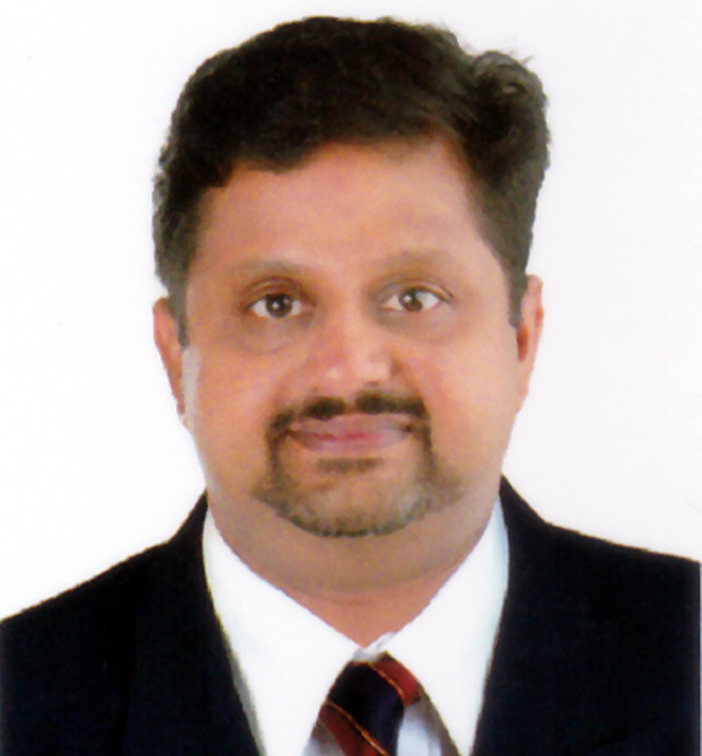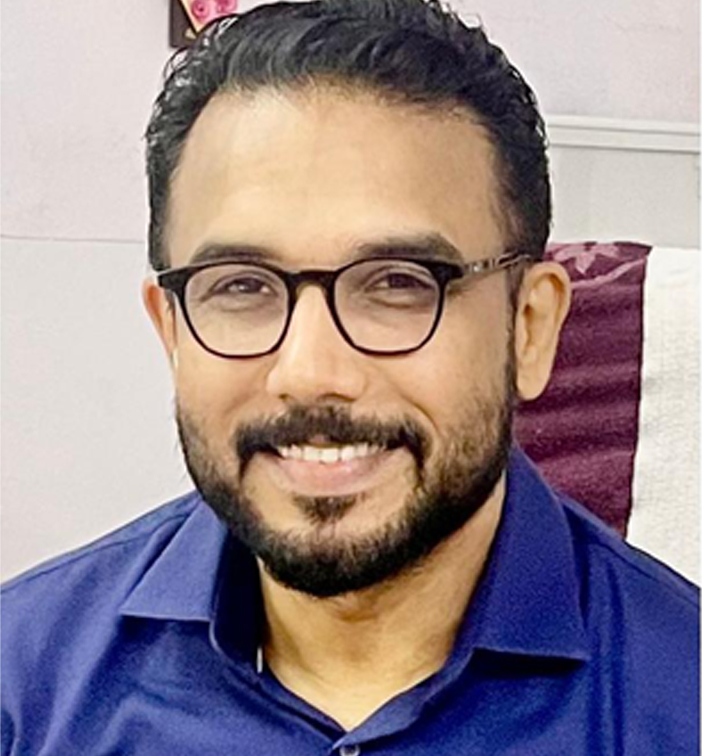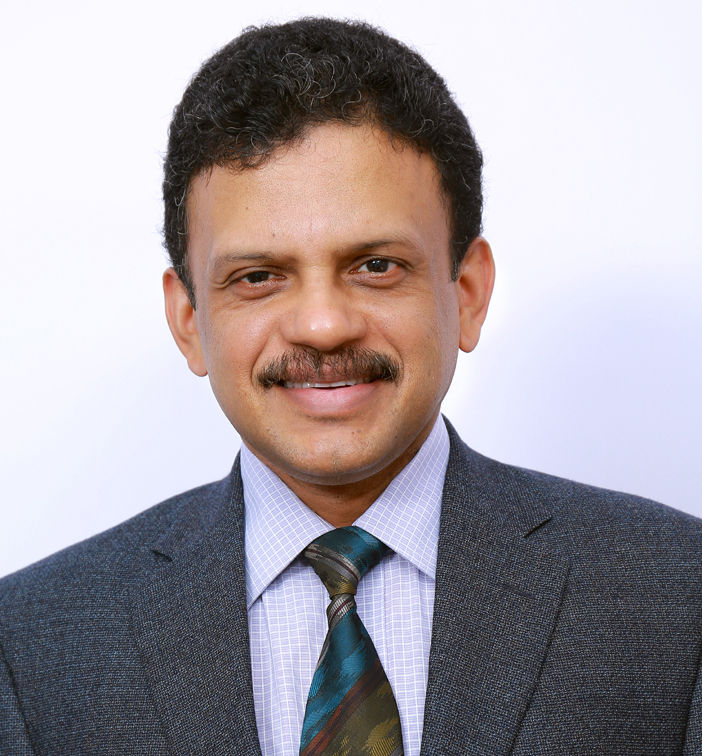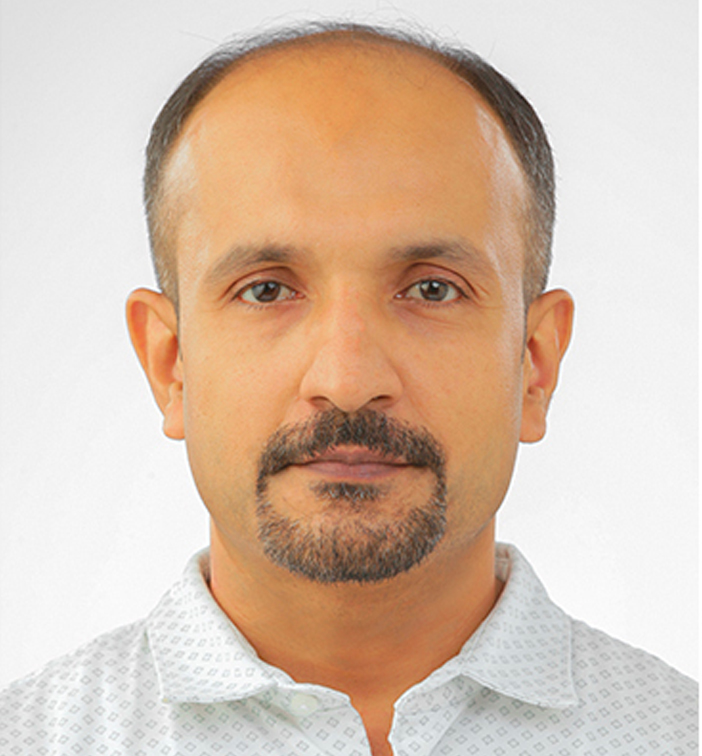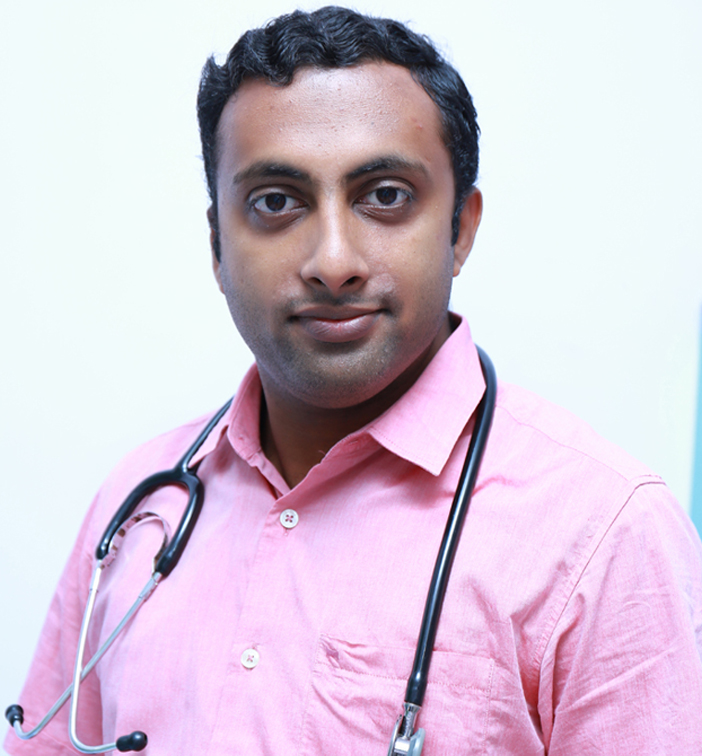Dept. of Orthopaedics & Sports Medicine
Rebuilding lives, restoring movement with expertise and care.
At the Department of Orthopaedics & Sports Medicine, we specialize in the diagnosis, treatment, and management of a wide range of musculoskeletal conditions and trauma-related injuries. Our team of experienced orthopedic surgeons, sports medicine specialists, and trauma experts is committed to providing exceptional care tailored to each patient's unique needs. From fractures and dislocations to joint problems and spine disorders, we offer comprehensive evaluation, non-surgical interventions, and advanced surgical procedures to restore mobility, reduce pain, and improve quality of life.
Experience exceptional care with our comprehensive range of services, including:
- Joint Replacement Surgery: Achieve pain relief and restore mobility with our expert care.
- Minimally Invasive Arthroscopy: Benefit from faster healing and reduced downtime.
- Specialized Sports Medicine Programmes: Tailored care for athletes to get back in the game stronger than ever.
- Complex Trauma and Fractures: Our surgeons are skilled in both routine and advanced procedures, including Ilizarov surgery.
We prioritize patient education and collaborative decision-making, ensuring you are well-informed and actively involved in your treatment plan. Our dedicated rehabilitation team works alongside you every step of the way, ensuring you regain strength, flexibility, and confidence to return to your daily activities. At St. Thomas Hospital, Chethipuzha, we don't just treat your injury; we empower you to move with confidence again.
When you choose the Department of Orthopaedics and Sports Medicine at STH Hospital, you can trust that you will receive the highest quality of care. Here's why you should choose us:
Expertise: Our team consists of renowned orthopedic surgeons and trauma specialists with extensive experience in managing complex musculoskeletal conditions and injuries.
Rehabilitation Support: We offer comprehensive rehabilitation services, including physical therapy and pain management, to help you regain function and achieve optimal recovery.
Services Offered:
- Joint Replacement Surgery
- Knee, Shoulder, and Elbow/Ankle Arthroscopy
- ACL/MPFL Reconstruction
- Rotator Cuff Repair
- Arthroscopic Shoulder Stabilization
- Micro-fracture Treatment
- Spine Fracture Management
- Pelvis Fracture & Acetabulum Management
- Spinal Tumors
- Traumatic Injury Care
- Musculoskeletal Recovery & Rehabilitation
- Cerebral Palsy
- Muscular Dystrophy
- Orthopaedic Oncology (Bone Cancer)
- Ilizarov Procedures
- Revision Arthroplasty Surgeries
- Hand and Upper Extremity Surgery
Our Team Member
Meet Our Doctor

Doctors Speak- Orthopaedics & Sports Medicine

Frequently Asked- Questions

The Department of Trauma and Orthopedics is a specialized branch of medicine that focuses on the diagnosis, treatment, and management of injuries and disorders affecting the musculoskeletal system. It deals with conditions related to bones, joints, ligaments, tendons, and muscles, including fractures, joint injuries, sports injuries, and degenerative conditions like arthritis.
It is advisable to consult the Department of Trauma and Orthopedics when experiencing musculoskeletal pain, injuries, or limitations in movement. This includes conditions such as fractures, sprains, dislocations, joint pain, back pain, sports injuries, repetitive strain injuries, and age-related musculoskeletal issues.
Rest and recovery are essential to prevent overuse injuries and allow your muscles to repair and strengthen. Schedule rest days and listen to your body — it'll tell you when it needs a break. Light stretching, foam rolling, and low-impact activities like swimming or yoga are great recovery tools. Don't forget sleep (7-8 hrs), water (2-3 l), and a balanced diet rich in protein (vitamin D3 deficiencies are common & should also be properly addressed).
Skipping your warm-up is like writing an exam without studying. It really prepares your muscles & joints for a better session and helps avoid injury. It should include 5-10 minutes of light aerobic exercise such as jogs or jumping jacks to get your blood flowing, then some leg swings or arm circles to loosen up.
Start light — as light as possible — and focus on getting the form down before increasing the weight. Seriously, proper form is key. Consider getting a trainer for a few sessions to learn the ropes. Listen to your body: if it can’t handle the load, you must stop (and not use momentum to cheat). Finally, remember that rest days are your friend, it helps your muscles to recover and build back stronger.








